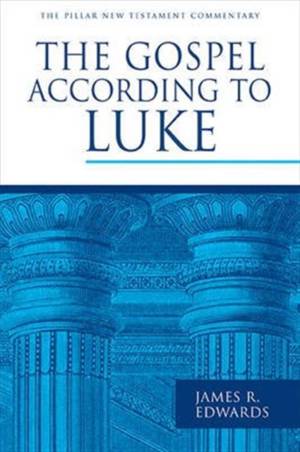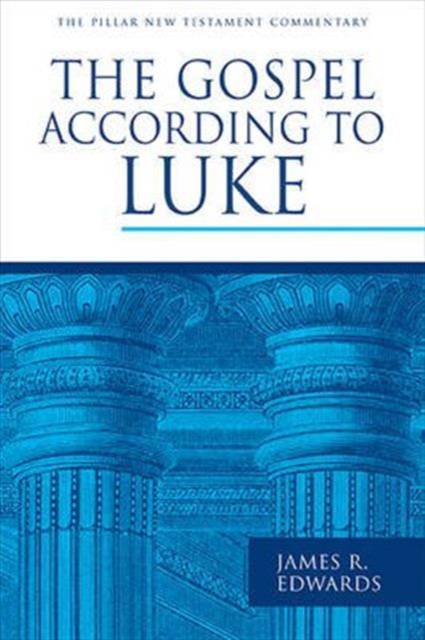
- Retrait gratuit dans votre magasin Club
- 7.000.000 titres dans notre catalogue
- Payer en toute sécurité
- Toujours un magasin près de chez vous
- Retrait gratuit dans votre magasin Club
- 7.000.0000 titres dans notre catalogue
- Payer en toute sécurité
- Toujours un magasin près de chez vous
64,45 €
+ 128 points
Description
An excellent new commentary on the New Testament Gospel
Spécifications
Parties prenantes
- Auteur(s) :
- Editeur:
Contenu
- Nombre de pages :
- 792
- Collection :
Caractéristiques
- EAN:
- 9781783592685
- Date de parution :
- 19-06-15
- Format:
- Livre relié
- Dimensions :
- 239 mm x 166 mm
- Poids :
- 1344 g

Les avis
Nous publions uniquement les avis qui respectent les conditions requises. Consultez nos conditions pour les avis.






